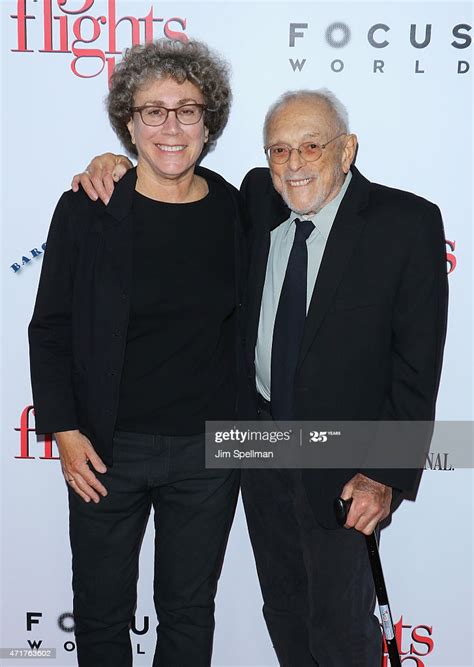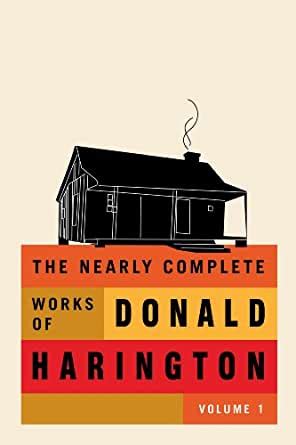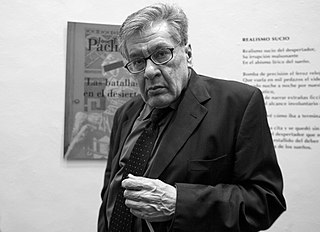A Quote by Jill Ciment
Waiting for the Electricity is a wildly original and ambitious debut, a novel that tackles cultural clashes with satirical hilarity. I haven't read a first novel this promising since The Confederacy of Dunces.
Related Quotes
The Society of North American Magic Realists welcomes its newest, most dazzling member, Louis Maistros. His debut novel is a thing of wonder, unlike anything in our literature. It startles. It stuns. It stupefies. No novel since CONFEDERACY OF DUNCES has done such justice to New Orleans. If Franz Kafka had been able to write like Peter Straub, this might have been the result.
The point is, that the function of the novel seems to be changing; it has become an outpost of journalism; we read novels for information about areas of life we don't know - Nigeria, South Africa, the American army, a coal-mining village, coteries in Chelsea, etc. We read to find out what is going on. One novel in five hundred or a thousand has the quality a novel should have to make it a novel - the quality of philosophy.
Cormoran Strike is an amazing creation and I can't wait for his next outing. Strike is so instantly compelling that it's hard to believe this is a debut novel. I hope there are plenty more Cormoran Strike adventures to come. A beautifully written debut novel introducing one of the most unique and compelling detectives I've come across in years.
In 1965, when I was fourteen, I read my first adult novel; it was a historical novel about Katherine of Aragon, and I could not put it down. When I finished it, I had to find out the true facts behind the story and if people really carried on like that in those days. So I began to read proper history books, and found that they did!




































